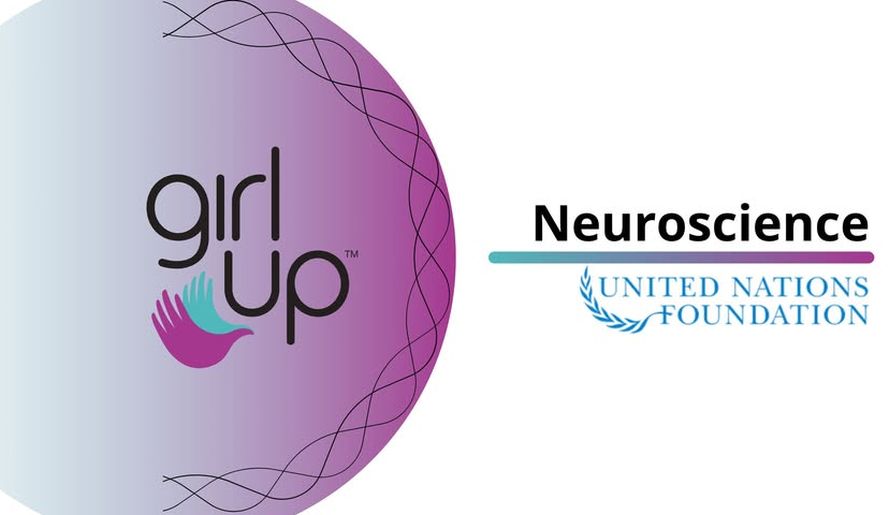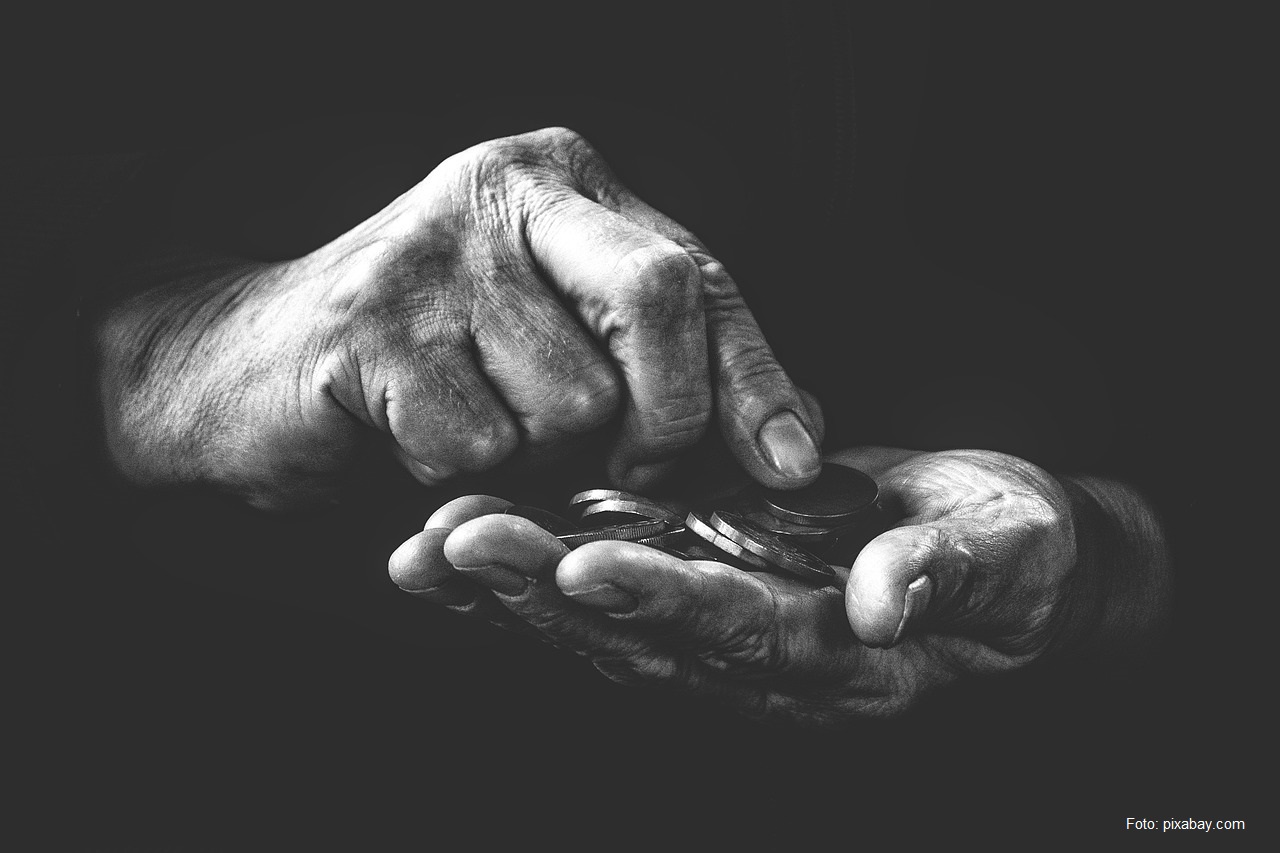Understanding Sexual Abuse and Harassment
Sexual abuse and harassment, from the physical to the virtual and online, has been discussed for a long time in Romania and the rest of Europe

Christine Leșcu, 19.10.2022, 03:02
Sexual abuse and harassment, from the physical to the virtual and online, has been discussed for a long time in Romania and the rest of Europe. The legislation is trying to keep up with all the recent manifestations of these phenomena. However, there still is a lot of confusion in public opinion and the regulations that should be dealing with such behavior. For instance, a recent poll run by the World Vision Romania Foundation revealed that 26% of teenagers and middle schoolers admit that they got sent nude photos, or have been asked to send nude photos. At the same time, the same research shows that 22% of the students say that coercing or soliciting minors to see pornographic imagery is sexual abuse to a small extent, or not at all. The study is part of a wider project of the foundation, called JUSTinAct, which wants to better inform teachers, parents, and children about all aspects of sexual abuse, and attempt to change the mentality according to which nothing short of rape is sexual abuse. According to Andreea Bujor, advocacy director with the World Vision Foundation, soliciting nude photos is definitely a form of abuse, but not many people are aware of this:
“In this poll we questioned over 700 subjects. Over a quarter of them said that they were asked for photos. This happens, and we have to talk about it. Our children have access to the Internet, and are very well informed, so we tend to believe that we dont have to talk about these things, because we perceive them as taboo. This should not happen. We advise all teachers and parents to pay attention to children, and discuss these topics.”
Sincere discussions should avoid a sense of embarrassment that teenagers experience during certain discussions. The World Vision poll reveals that one in three young people would not feel comfortable talking to their parents about sexual abuse out of shame, as we were told by Andreea Bujor.
“In schools, these topics continue not being discussed, as they are still believed to be taboo. The victim feels shame, and is afraid that they would not be believed, or be blamed by the community. It is very important to talk to kids, to educate them. If there would be more talk about this in schools, if the kids would be told what sexual abuse is, and that they can complain to Child Protection or the police, at that point kids would feel that there are safe spaces to file a complaint in.”
The schools must be involved in these discussions, because a lot of abuse takes place in educational institutions. Here is advocate Andreea Bujor:
“Over 17% of teenagers say that, while in school, they were touched in a way that made them feel uncomfortable. In most cases they report they were touched by a colleague, but over 20% say that, in different contexts, they were touched by non-colleagues in an uncomfortable way. 51.5% report that they were looked at persistently. As for complaints, over 30% of teachers say they would not report sexual abuse against a student, because they believe they would not have enough evidence. I would like to make an important observation. Neither parents, nor teachers are courts of law. The court of law is the party that is responsible for establishing if things really happened. The responsibility of teachers and parents is to report the abuse. After that, investigations can be made to establish what needs to be established.”
Moving on to high schools and universities, another poll reveals that things are not much better there. Here is Cristina Praz, a member of the FILIA Center feminist association:
“Over the span of 5 years, in 52 universities there were only 15 reports of sexual harassment. This is not a good thing necessarily, because that doesnt mean that these cases dont exist. It only means that we have difficulty in accessing the reporting mechanisms, communicating with the students, and creating a safe environment in which they feel comfortable talking about such experiences, and asking for help. Unfortunately, in most cases, the solution for the reports was recommending mediation, or closing the cases for lack of evidence. We know of only one case in which a teacher was fired, but not by the decision of the Ethics Committee of the school, but by a subsequent decision, because at first nothing happened.”
This information is included in an ample report made by the FILIA Center on sexual harassment in universities, a report that was preceded by an explanatory study. Here is Cristina Praz with details:
“We spoke to students, on the one hand, and to teachers on the other, in order to see how they perceive this phenomenon. Over 30% of respondents said that they experienced harassment, and almost 40% of male and female students said that they witnessed sexual harassment. I would mention that this data is not really representative, because we didnt poll all universities, but this is good data to begin with, exploratory data, because we do need a baseline to begin our research. This same study informed us that one of the main reasons quoted by respondents for sexual harassment is a lack of regulation and proper punitive measures.”
The FILIA Center also looked into the ethics codes of conduct and internal regulations of universities, in order to see how they defined sexual harassment. Cristina Praz told us about the conclusions:
“This recent study of ours found that, out of 85 codes of conduct we analyzed, only 38 have a minimal mention of sexual harassment. This does not mean that they offer a definition for this term. More than half of these codes dont contain even a few words about this phenomenon. This is a problem. When we dont have a clear ethical code to inform us on sexual harassment, its definition, what forms it has, then students, male or female, or teachers and supporting personnel, have no access to this information, and dont know how to prosecute it.”
In fact, when it comes to this egregious behavior, the emphasis falls almost exclusively on punitive measures, not on raising awareness and education in order to achieve prevention.






























